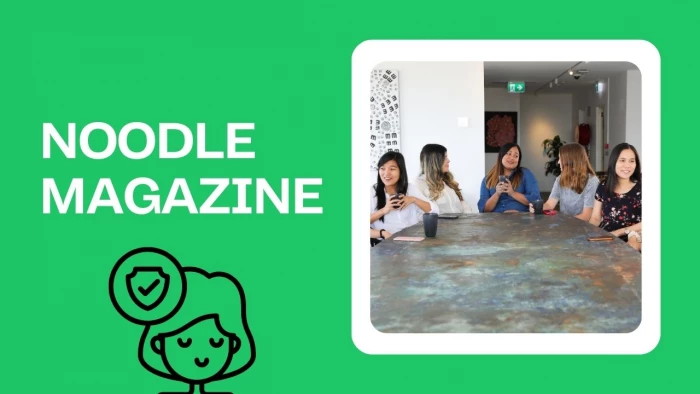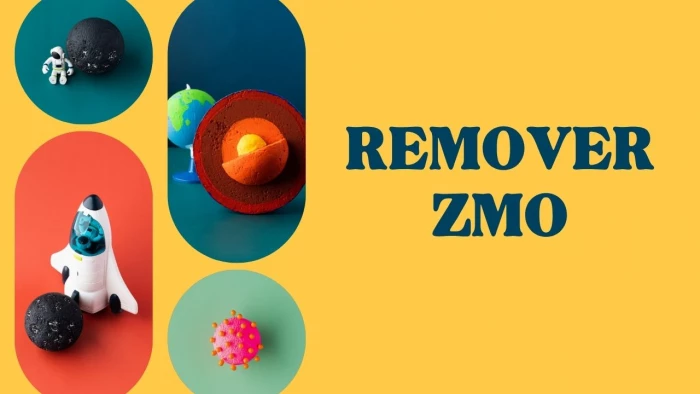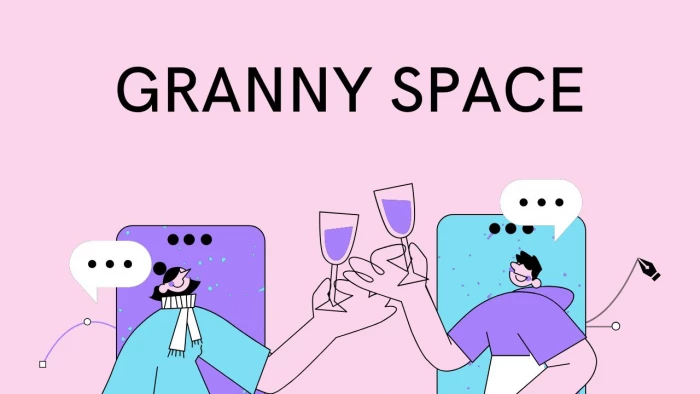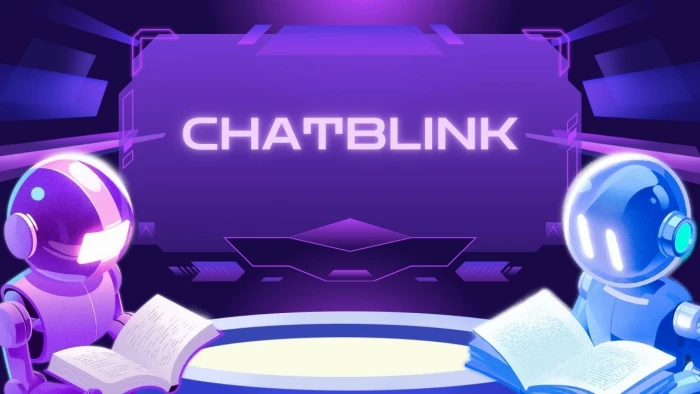The Curiosity Behind Noodlemagazine
Some websites become popular because of smart branding. Others survive purely on curiosity. Noodlemagazine.com falls into that second category. Despite having no major advertising presence, it continues to surface in Reddit threads, Trustpilot reviews, TikTok mentions, and even cybersecurity discussions. People aren’t just asking “what is it?”, they’re asking “how is it still online?”
Noodlemagazine sits in a broader category of mid-tier adult streaming sites, platforms that exist between major brands and outright scam pages.
Common traits include:
- No visible ownership or company identity
- Minimal UX investment
- Reliance on ad networks instead of subscriptions
- Search-engine traffic over repeat users
These sites survive because a large audience still prefers free, anonymous access, even when quality and safety are uncertain.
What Makes Noodlemagazine Different?
Unlike heavily branded platforms, Noodlemagazine doesn’t focus on polished layouts or community-building features. Instead, it attracts visitors with:
- Performer-specific searches: Many queries tied to the site involve adult star names like Chanel Preston.
- Fresh uploads: Its “new video” sections draw clicks from users chasing novelty.
- Raw appeal: The site feels less commercialized, which some users interpret as “less censored.”
This positioning has helped it stand apart, even though technically it offers little innovation.
The Digital Risks Hiding Behind Free Content
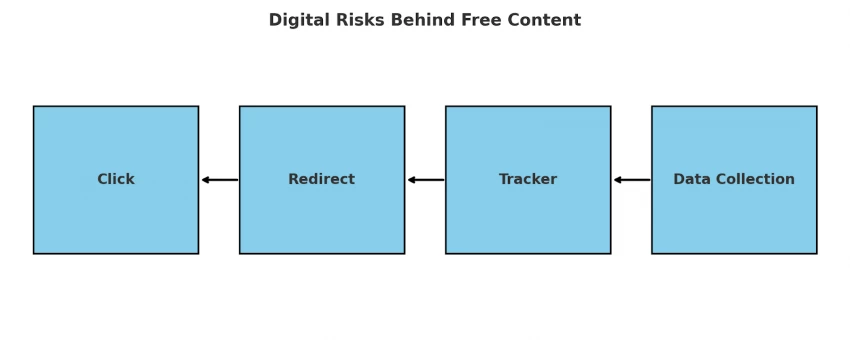
Free comes with hidden costs. A closer look at Noodlemagazine shows:
- Pop-ups and redirects: Every click risks sending you to an unrelated page.
- Weak security setup: Tools like ConsumingTech flagged missing HTTPS headers and inline scripts, leaving room for tracking.
- No user protections: Unlike larger sites, it doesn’t warn about fake ads, phishing attempts, or data collection.
This doesn’t mean every visitor is guaranteed malware, but it does mean that your data is likely being harvested in exchange for free access.
Online Communities and the Noodlemagazine Debate
Conversations around Noodlemagazine vary wildly:
Reddit: Some users dismiss it as “just another tube site,” while others strongly warn against its redirects and unsafe ads
Trustpilot: Reviews skew negative, often labeling it unreliable or scam-like.
TikTok: Mentions are usually clickbait “recommendations,” often leading users to links outside the platform.
The split opinion shows a key truth: people use it because it exists, not because it earns loyalty.
Is Noodlemagazine Safe or a Malware Risk?
Safety tests show:
No direct malware on the homepage
but the pop-up ads and third-party redirects pose the biggest danger.
No account login required
but trackers can still collect IP data, device type, and browsing patterns.
No phishing forms
but deceptive ads may mimic download buttons.
In simple terms:
It’s not the worst site on the internet, but definitely not a safe one.
What Data Can Be Collected Without a Login?
Even without accounts, sites like Noodlemagazine can collect:
- IP address
- Device and browser fingerprint
- Approximate location
- Viewing behavior
- Ad interaction data
“Anonymous browsing” is mostly a myth unless users actively protect themselves.
Noodlemagazine in the Bigger Internet Picture
Beyond adult content, Noodlemagazine reflects broader internet trends:
Free-first mindset: Many users still prefer “free with risk” over “paid and safe.”
Shadow ad economy: Sites like this survive by feeding traffic into ad networks that thrive on clicks, not content quality.
Trust erosion: Users accept the risks because their trust in online platforms overall has weakened, making them more tolerant of sketchy sites.
It’s less about the videos and more about what the site reveals about digital habits.
Safer Ways Forward
Noodlemagazine is a reminder that convenience can overshadow caution. But users can protect themselves by:
- Checking site credibility with tools like Scamdoc or Scamadviser.
- Using VPNs and ad blockers as non-negotiable safeguards.
- Supporting ethical alternatives where content is verified and performers are compensated.
- Understanding that “anonymous browsing” isn’t truly anonymous without privacy tools.
These lessons apply not only to adult sites but also to free streaming platforms across the web.
These lessons apply widely, even to AI-based companion platforms such as the ones examined here in this Moemate AI transparency review, where privacy concerns surface in similar ways.
Looking Ahead, Will Sites Like Noodlemagazine Survive?
With AI moderation and stronger regulations in motion, the future of sites like Noodlemagazine is uncertain. Possible outcomes:
- Regulatory pressure may push ISPs to block them in more regions.
- AI-driven takedowns could target pirated or unsafe content faster.
- User migration might continue toward safer, subscription-based platforms.
Still, history shows that as long as there’s demand for “no-login, free streaming,” new sites will appear to replace those taken down. Noodlemagazine may not last forever, but the pattern it represents won’t disappear soon.
Conclusion
If you’re here because curiosity got the better of you, you’re not alone. Sites like Noodlemagazine survive precisely because they sit at the intersection of convenience and risk, and many users knowingly hover there.
But after looking at how the site operates, how it’s discussed across communities, and how its ad ecosystem functions, one thing becomes clear: Noodlemagazine isn’t dangerous by accident; it’s risky by design. Not because it’s uniquely malicious, but because it prioritizes frictionless access over user protection.
If you value privacy, device security, and predictability, this probably isn’t a platform you’ll feel comfortable returning to. If you do choose to visit, it should be with eyes open, protections enabled, and expectations grounded in reality.
Ultimately, Noodlemagazine isn’t just a website; it’s a reminder of how often the internet asks users to trade safety for convenience. And in 2025, that trade-off is worth thinking about more carefully than ever.
FAQ
Q1: Why is Noodlemagazine popular?
Because it offers free, searchable adult videos, especially tied to performer names. Its simplicity attracts search-driven traffic.
Q2: What risks come with using Noodlemagazine?
Pop-up ads, redirects, hidden trackers, and weak site security expose users to privacy and malware risks.
Q3: How do online communities view Noodlemagazine?
Reddit is divided, Trustpilot reviews are mostly negative, and TikTok mentions are often just clickbait.
Q4: Will mid-tier adult platforms like Noodlemagazine survive?
Yes, as long as demand for “free with no sign-up” exists, but stricter regulations may limit their lifespan.
Q5: What are safer alternatives to Noodlemagazine?
Mainstream platforms like Pornhub, XVideos, and ethical creator-driven sites like Fansly or OnlyFans provide more security and transparency.
